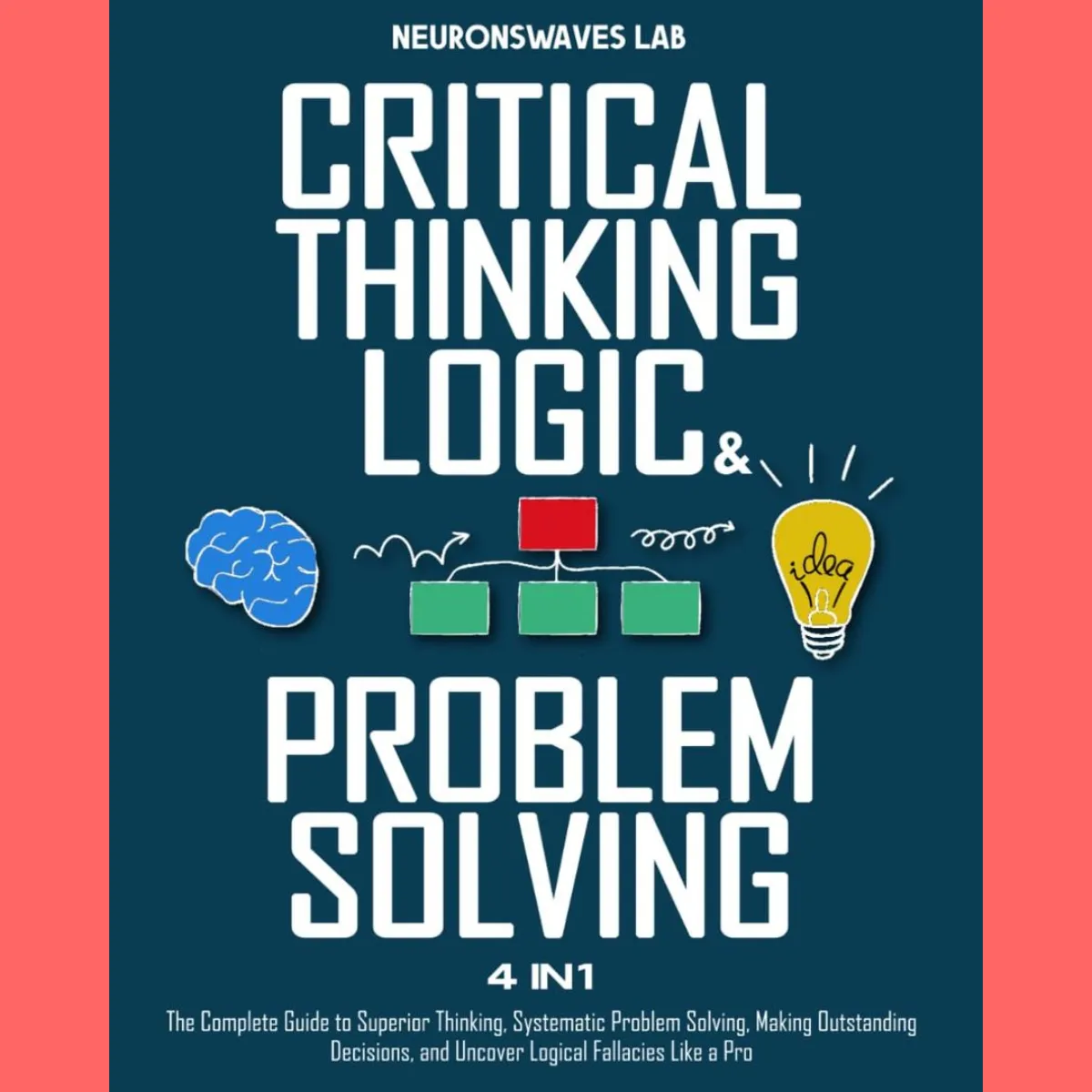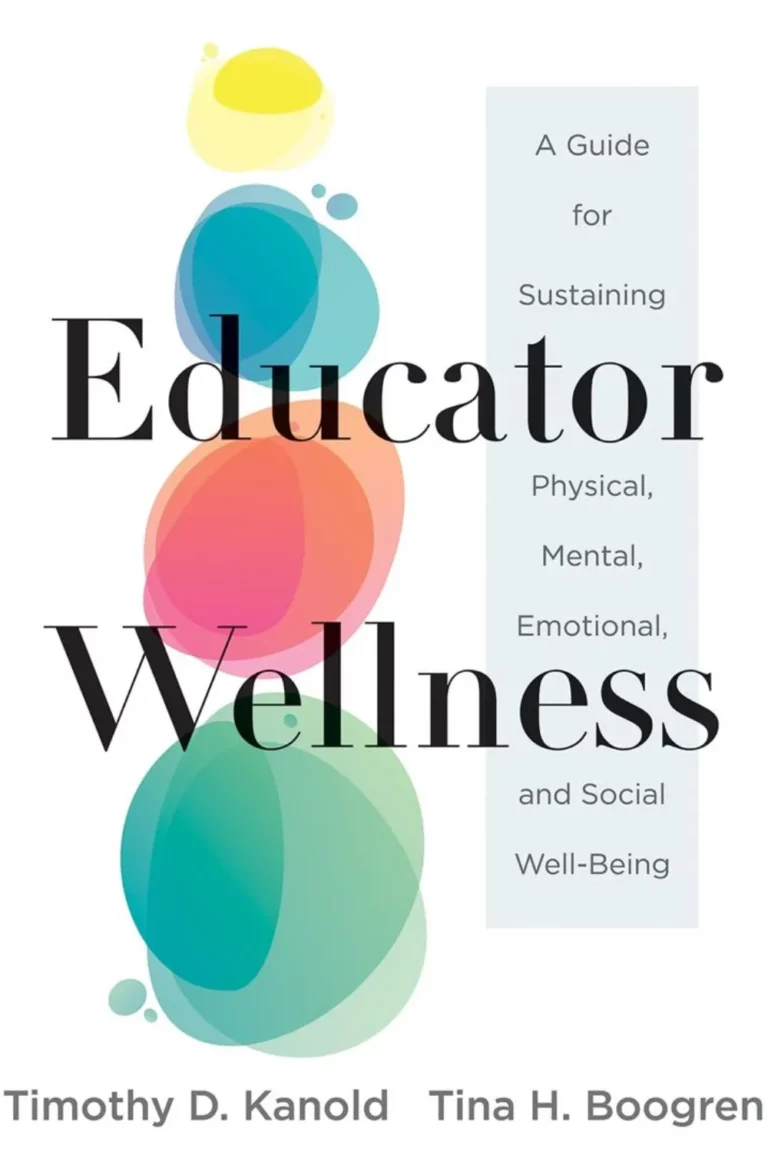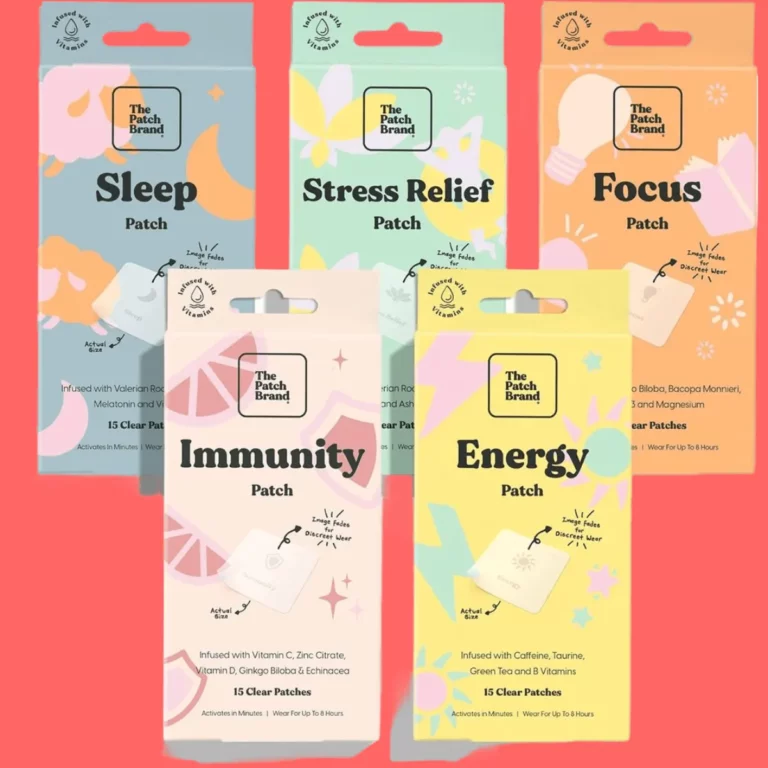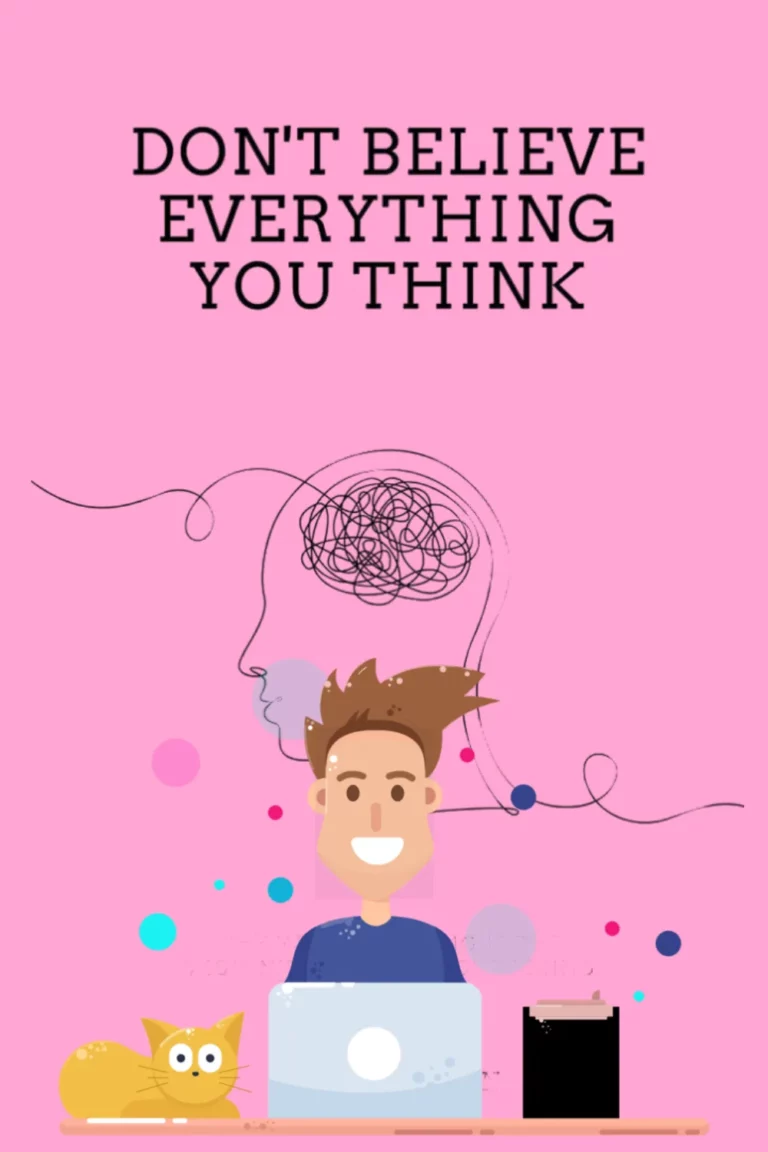Importance of Critical Thinking in Everyday Life
Critical thinking is a vital skill that enables individuals to think rationally and make sound decisions in their everyday lives.
It is a process of objectively analyzing, evaluating, and interpreting information to form well-reasoned conclusions.
In today’s fast-paced and constantly changing world, the ability to think critically has become more important than ever.
It allows individuals to navigate through the overwhelming amount of information and make informed choices, whether it is in their personal or professional lives.
From problem-solving to decision-making, critical thinking plays a crucial role in every aspect of our daily routines.
In this article, we will dive deeper into the concept of critical thinking and explore its significance in our everyday lives.
We will discuss why this skill is essential, how it can be developed, and the positive impact it can have on our personal and professional growth.
By the end of this article, readers will have a better understanding of why critical thinking is a valuable asset that can enhance their lives in numerous ways.
So, let us embark on this journey of exploring the importance of critical thinking in our everyday lives.
Table of Contents Importance of Critical Thinking in Everyday Life
Enhance problem-solving skills and decision-making
Developing strong problem-solving skills and effective decision-making abilities is crucial in navigating the challenges of everyday life.
By honing these skills, individuals can approach complex situations with clarity and confidence, leading to more optimal outcomes.
Through critical thinking and analysis, individuals can evaluate various options, identify potential obstacles, and devise strategies to overcome them.
Furthermore, the ability to think critically and make sound decisions enables individuals to weigh the pros and cons, consider different perspectives, and anticipate potential consequences before taking action.
This skill set not only enables individuals to make better choices but also equips them to adapt and thrive in a rapidly changing world.
Analyze information objectively and effectively
To effectively navigate the vast amount of information available to us today, it is essential to analyze it objectively and effectively.
This involves approaching information with a discerning eye, questioning its source, credibility, and potential biases.
By adopting a systematic and logical approach, individuals can separate facts from opinions and evaluate the validity and reliability of the information at hand.
Moreover, the ability to analyze information objectively allows individuals to make informed decisions based on evidence rather than emotions or assumptions.
This skill is particularly valuable in professional settings, where accurate analysis can lead to strategic business decisions and successful problem-solving.
Additionally, in personal life, objective analysis helps in making informed choices, such as deciding which products to purchase or determining the credibility of news sources.
Overall, the ability to analyze information objectively and effectively is a fundamental skill that empowers individuals to navigate the complexities of the modern world.
Identify flaws in reasoning and arguments
In order to develop critical thinking skills, it is crucial to be able to identify flaws in reasoning and arguments.
This involves examining the logical consistency of the premises and conclusions, as well as the presence of any fallacies or biases.
One common flaw is the “appeal to authority” fallacy, where an argument is deemed valid simply because it is made by a perceived authority figure.
Another common flaw is the “ad hominem” fallacy, which involves attacking the person making the argument rather than addressing the argument itself.
By being able to recognize these flaws, individuals can better evaluate the strength and validity of an argument, allowing for more informed decision-making and effective problem-solving.
Developing the skill to identify flaws in reasoning and arguments is essential in navigating the complexities of everyday life, including discussions, debates, and decision-making processes.
Make informed and logical judgments
In our daily lives, we are constantly bombarded with information and faced with making decisions.
Whether it’s choosing which product to purchase, evaluating the credibility of a news source, or determining the best course of action in a problem-solving scenario, the ability to make informed and logical judgments is paramount.
By employing critical thinking skills, we can analyze and evaluate the information presented to us, weigh the evidence and arguments, and arrive at well-reasoned and rational decisions.
This process of careful analysis and evaluation helps us avoid making impulsive or uninformed choices, and instead enables us to make decisions based on sound reasoning and evidence.
Ultimately, the ability to make informed and logical judgments empowers us to navigate the complexities of everyday life with confidence and clarity.
Navigate complex and uncertain situations
In today’s rapidly changing and unpredictable world, the ability to navigate complex and uncertain situations is a crucial skill for success in both personal and professional endeavors.
These situations can range from adapting to new technologies and market trends to managing conflicts and making strategic decisions amidst ambiguity.
Without the ability to effectively navigate these challenges, individuals and organizations are at risk of falling behind and missing out on valuable opportunities.
By honing our critical thinking skills, we can approach these complex situations with a methodical and analytical mindset, allowing us to gather and assess relevant information, anticipate potential outcomes, and make informed decisions.
This not only helps us mitigate risks but also enables us to seize opportunities and embrace change with confidence and adaptability.
In a world where uncertainty is the norm, the ability to navigate complex situations through critical thinking is an invaluable asset that empowers individuals and organizations to thrive and succeed.
Evaluate evidence and draw conclusions
To make informed decisions and draw accurate conclusions, it is crucial to evaluate evidence carefully and critically.
This process involves assessing the reliability and credibility of the information or data presented, considering the source, methodology, and potential biases.
By critically analyzing the evidence, we can identify any gaps or inconsistencies that may exist and determine whether the information supports or contradicts our initial assumptions or beliefs.
This skill is particularly important in fields such as scientific research, where drawing accurate conclusions relies on the rigorous evaluation of evidence.
Moreover, in everyday life, the ability to evaluate evidence and draw conclusions helps us make informed choices, whether it’s selecting a product based on customer reviews, assessing the credibility of news sources, or determining the validity of arguments in a discussion or debate.
Cultivating this critical thinking skill empowers us to make better decisions and navigate the complexities of the information age effectively.
Develop a well-rounded perspective
In order to navigate the complexities of everyday life effectively, it is essential to develop a well-rounded perspective.
This involves actively seeking out diverse viewpoints and considering multiple angles of a situation before forming an opinion or making a decision.
Developing a well-rounded perspective allows us to go beyond our own limited experiences and biases, enabling us to understand different cultures, beliefs, and perspectives.
By embracing this mindset, we become more empathetic, open-minded, and adaptable, fostering stronger relationships and promoting inclusivity in our personal and professional interactions.
Additionally, a well-rounded perspective enhances our problem-solving abilities, as it enables us to see beyond the surface and consider alternative solutions or approaches.
By continuously seeking out new knowledge and challenging our preconceived notions, we cultivate a broader understanding of the world, ultimately leading to personal growth and intellectual enrichment.
Cultivate a lifelong learning mindset
To truly excel in both personal and professional domains, it is crucial to cultivate a lifelong learning mindset.
This mindset involves a commitment to continuous growth and improvement, as well as a thirst for knowledge and new experiences.
By embracing a lifelong learning mindset, individuals can stay relevant in an ever-changing world, adapt to new technologies and trends, and expand their skill sets.
Moreover, this mindset fosters curiosity, critical thinking, and problem-solving abilities, allowing individuals to approach challenges with agility and creativity.
By actively seeking out opportunities for learning, whether it be through formal education, online courses, workshops, or even informal conversations, individuals can stay intellectually stimulated and continuously deepen their understanding of the world around them.
Ultimately, cultivating a lifelong learning mindset enables individuals to unlock their full potential and lead fulfilling, meaningful lives.
In today’s fast-paced and ever-changing world, critical thinking is more important than ever.
It allows us to analyze and evaluate information, make informed decisions, and solve problems effectively.
By incorporating critical thinking skills into our daily lives, we can navigate through the complexities of modern society with confidence and clarity.
It is a skill that can be developed and honed, and its benefits are endless.
So, let us strive to cultivate critical thinking in every aspect of our lives, and witness the positive impact it has on our personal and professional growth.
FAQ
How does critical thinking help individuals make better decisions in their personal lives?
Critical thinking enables individuals to approach problems and situations in a rational, logical, and analytical manner.
By evaluating information, considering various perspectives, and questioning assumptions, individuals can make more informed and thoughtful decisions.
This helps in identifying biases, avoiding impulsive choices, and ultimately making choices that align with their values and goals in their personal lives.
Critical thinking also assists in problem-solving, enhancing creativity, and fostering a deeper understanding of complex issues, leading to improved decision-making skills in various aspects of life.
In what ways can critical thinking skills be applied in problem-solving situations at work or school?
Critical thinking skills can be applied in problem-solving situations at work or school by analyzing information objectively, evaluating different perspectives, identifying underlying issues, making informed decisions, and developing creative solutions.
By questioning assumptions, gathering relevant data, and considering potential consequences, individuals can effectively address complex problems, improve decision-making processes, and enhance overall problem-solving abilities in various professional and academic settings.
How does critical thinking contribute to effective communication and conflict resolution in relationships?
Critical thinking plays a crucial role in effective communication and conflict resolution in relationships by enabling individuals to analyze situations objectively, understand different perspectives, and communicate their thoughts and feelings clearly and rationally.
Through critical thinking, individuals can identify underlying issues, assess the validity of arguments, and make informed decisions, leading to productive discussions and mutually beneficial resolutions.
By actively engaging in critical thinking, individuals can avoid misunderstandings, defuse potential conflicts, and build stronger, more respectful relationships based on open communication and empathy.
What role does critical thinking play in evaluating sources of information and avoiding misinformation in today’s digital age?
Critical thinking is essential in evaluating sources of information and avoiding misinformation in the digital age.
By critically assessing the validity, credibility, and biases of sources, individuals can make informed decisions about the information they consume and share.
This skill helps identify misinformation, fake news, and propaganda, empowering individuals to navigate the vast amount of information available online and make sound judgments based on evidence and logic.
In today’s digital landscape, where misinformation spreads rapidly, critical thinking serves as a crucial tool to separate fact from fiction and promote responsible information consumption.
How can individuals cultivate and improve their critical thinking skills in order to navigate complex issues and make informed choices in everyday life?
Individuals can cultivate and improve their critical thinking skills by actively seeking out diverse perspectives, questioning assumptions, evaluating evidence objectively, and practicing logical reasoning.
Engaging in debates, reading challenging material, and being open to feedback can also help develop critical thinking abilities.
By honing these skills, individuals can better analyze complex issues, distinguish between facts and opinions, and make well-informed decisions in their everyday lives.
Regularly challenging oneself to think critically and approach problems from different angles is key to enhancing these skills over time.








